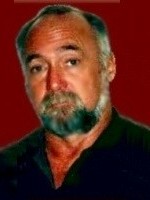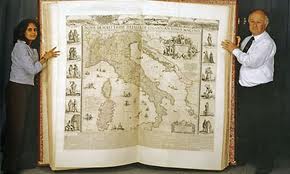
Those who’ve followed my series on writing advice are in for a treat, because starting this month, it won’t be “tips from some dude on the web”, but favorite advice from some major professional writers, some best-sellers, some cult figures, some in my personal pantheon of admiration. Some of these might not seem like earth-shaking angles, but all are worth thinking over because these are people who’ve succeeded at the Master level.
It’s my great pleasure to start out with remarks from Laurence Shames, one of my handful of favorites, the kind of work I can read over and over. There doesn’t seem to be any normal route to writing success, but Larry’s “strategy” is more checkered than most. He was a hotshot magazine writer in New York, contributing editor to Esquire among other glittering credits. Unlike most blue-chip writers, he also did–and still does–ghostwriting, leading to two major flags on his career. He wrote a pseudonymously titled book called “Bad Twin”, which is significant to viewers of the “Lost” TV show, a story within the story that among other things created the fictional Hanso corporation that ran ads in newspapers denouncing it’s “defamation”. Yes, that’s damned weird. His big score was writing the 1991 NYT best-seller “Boss of Bosses” with two FBI agents. The score from that one enabled him to buy a house in Key West and get out of New York. He has ghosted best-sellers since, but it was the move to Key West that, as it has for others, started the magic. You owe it to yourself to read his series of eight luminous novels set there, starting with “Florida Straits”. Joey, scion of a New York mafia family, chucks it and drives down the Keys in search of himself. He strikes out trying to start his own mob in paradise, but comes out on his feet despite incursions of the Family From Hell. A core of a half-dozen characters keep the series linked, even if Joey and his girl aren’t present. Bert the Shirt, his “consigliere” for island ways is a main thread, along with his aging Chihuahua. Continue reading “Tips from the Masters: Laurence Shames”



